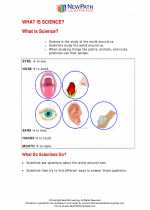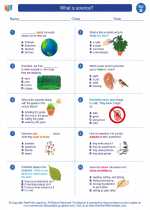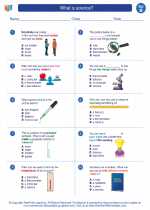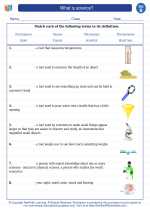Small Intestine
The small intestine is a long, coiled tube located in the abdomen. It is part of the digestive system and plays a crucial role in the absorption of nutrients from food.
Anatomy of the Small Intestine
The small intestine is divided into three main parts: the duodenum, the jejunum, and the ileum. The duodenum is the first section and is where most of the digestion takes place. The jejunum is the middle section, and the ileum is the final section of the small intestine.
Function of the Small Intestine
The primary function of the small intestine is to absorb nutrients from the digested food. It does this through tiny finger-like projections called villi and microvilli, which increase the surface area available for absorption. The small intestine absorbs nutrients such as carbohydrates, proteins, fats, vitamins, and minerals.
Study Guide
- What are the three main parts of the small intestine?
- Duodenum
- Jejunum
- Ileum
- What is the function of the small intestine?
The primary function of the small intestine is to absorb nutrients from the digested food.
- How does the small intestine increase the surface area available for nutrient absorption?
Through tiny finger-like projections called villi and microvilli.
- What types of nutrients are absorbed by the small intestine?
Carbohydrates, proteins, fats, vitamins, and minerals.
◂Science Worksheets and Study Guides Second Grade. What is science?

 Worksheet/Answer key
Worksheet/Answer key
 Worksheet/Answer key
Worksheet/Answer key
 Worksheet/Answer key
Worksheet/Answer key
 Vocabulary/Answer key
Vocabulary/Answer key
